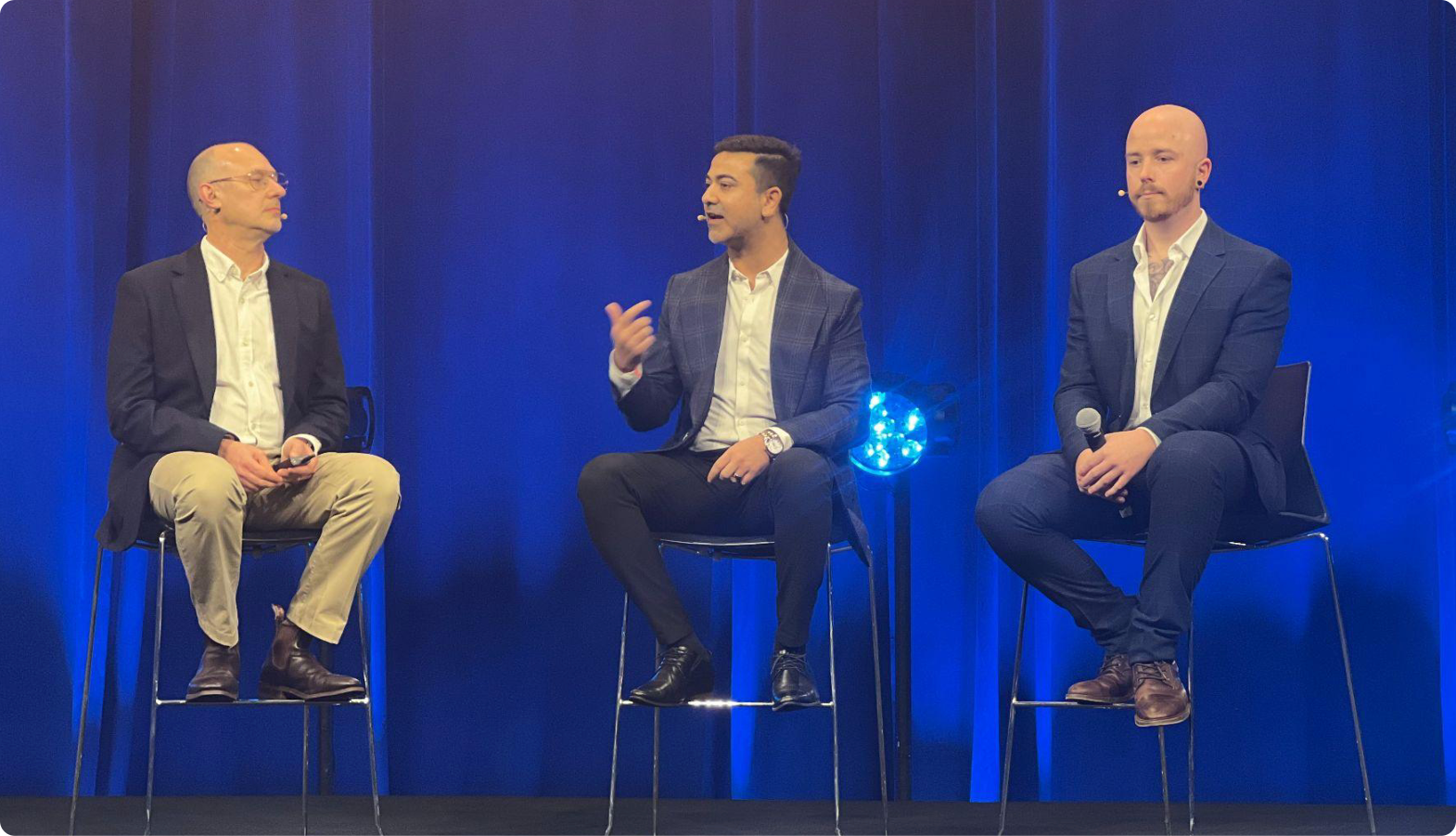- Blog
- The benefits of field services amongst a pandemic
The benefits of field services amongst a pandemic

With governments doing all they could to protect people from financial hardship during a nightmare not of their own making, banks and utility companies accepted new regulations to refrain from taking action that would normally be a matter of course. Grace periods were rolled out, evictions and repossessions were off the agenda and disconnecting essential services was, for the time being, not going to happen.
Every cause has an effect though and one sector heavily impacted by such decisions was Field Services and, in turn, the countless field agents companies turn to when they want their mortgage recoveries, asset repossessions and field calls handled with expert care. With the likes of banks, telcos and energy providers not pursuing customers who fail to meet their obligations, the Field Services sector found itself a victim of a downturn not of its own making. The same went for those field agents responsible for the process of serving legal documents on behalf of legal firms, with lockdowns and social distancing restrictions having a serious impact on their ability to do their jobs.
NEW OPPORTUNITIES
As the global pandemic rolled on and lockdowns became a part of life, Probe CX’s field agents found themselves in the difficult position of offering a service where one was momentarily not needed. At least that was until the company identified the COVID-19 environment as an opportunity for energy retailers to tackle a traditional bugbear – ‘Unknown Occupants’.
Bearing the cost of supplying electricity or gas to a residence with unknown occupants is frustrating for utility companies, let alone when the property is not even occupied. And that’s why, among its Field Services offering, Probe CX has a proud history of helping retailers reduce the financial toll of providing energy to such residences.
With a detailed checklist in hand, field agents visit properties to confirm if they are occupied. While strict procedures ensure due process is followed, such visits result in unoccupied properties being ‘disconnected’ or, in the case that they are occupied, occupants being given every chance to make contact to discuss their options. At the end of the day, it’s all about companies being given the clarity they need to make informed decisions.
With energy retailers adhering to government regulations regarding disconnections during the pandemic, Probe CX was able to work with proactive companies to address their lists of ‘Unknown Occupants’ and deliver cost savings and connect with potential customers. A flow-on of the COVID-19 environment was the number of occupants being contacted soared by as much as 50% on the back of work-from-home arrangements and social restrictions. New customers were signed up, vacant or demolished properties were disconnected and energy retailers were smiling.
FACE TO FACE
More than a year on from the emergence of COVID-19 and banks and utility companies continue to tread carefully when it comes to repossessions, evictions and disconnections. While some regulations remain in place, the day is getting closer when they will need to address unpaid loans or bills and some are starting to take action on those that defaulted prior to the COVID-19 pandemic.
That said, there has been one recent hive of activity and it stems from the desire of companies to not only do the right thing during the pandemic but be seen to be doing the right thing.
Before a bank or utility company contemplates evictions or disconnections, they will make repeated efforts to contact a customer to discuss their situation. If a person misses a mortgage payment or two, you can rest assured the bank will be keen to connect with them and see what can be done to assist. In recent times it has been standard for such contact to be made via phone or post but that is evolving in the COVID-19 world.
During the past month or so, Probe CX has been inundated with requests for field agents to personally visit customers and urge them to make contact with their bank, finance company or utility provider. While people in debt tend to not answer their phones or respond to letters, they are inclined to take things more seriously when someone is knocking at their door. It is also critical that field agents are not even at the door to discuss the debt per se. It’s more a case of making the customer aware that the likes of banks, finance companies and utility providers have options to assist if they are in financial distress.
It’s all about making a connection, with field agents able to get in front of a customer and put a human face to their clients’ companies. They show empathy and let the customer know help is at hand. It’s certainly a lot easier to ignore a ringing phone than someone standing on one’s doorstep.
With companies also increasingly wary of the brand damage that may come from taking action against a customer suffering financial stress due to COVID-19, more and more are investing in field calls rather than sending letters via registered post. If they are going to disconnect someone, they want the safety net of being able to say: “We visited you on this day at this time, we spoke with you in person and we hand-delivered a letter stating your electricity would be disconnected in 72 hours if you did not make contact.”
It is inevitable some disgruntled customers will claim they have been unfairly dealt with during the COVID-19 crisis and many companies are realising that spending a little more money on a field call may be the difference in mitigating the fallout of such claims.
THE FUTURE
As difficult as the pandemic made life for field agents in those first few months - when even their physical ability to do the job was removed – the future is looking bright for Field Services. Clients are realising the benefits of putting feet on the street and providing customers with the face-to-face contact that can make all the difference when dealing with issues related to financial stress.
Field agents have conversations with customers. They make observations of properties and provide context about people’s financial situations. Even when they aren’t able to connect with customers, they speak with neighbours, source registration details of cars and access other crucial information. Most importantly, when an ombudsman asks if “best endeavours” were used to make contact with a customer, they ensure that the answer will always be a resounding “Yes”.


